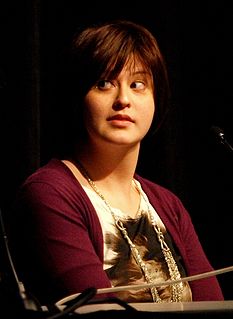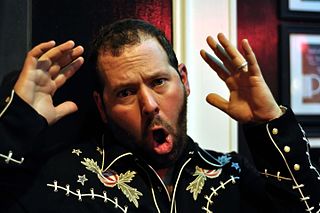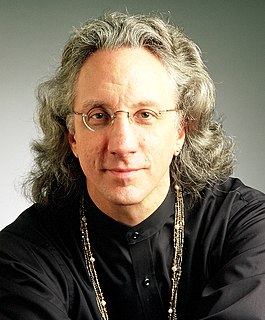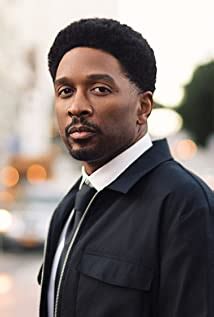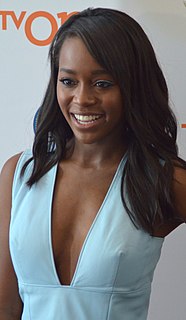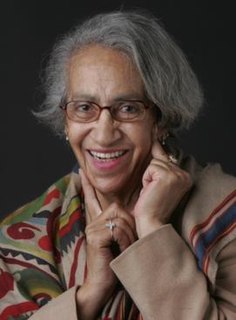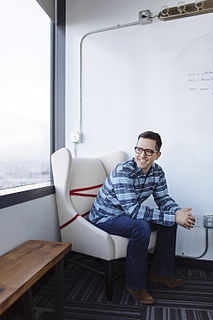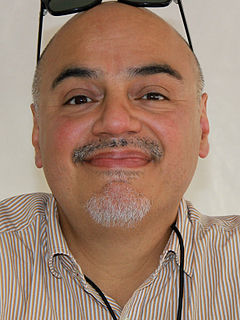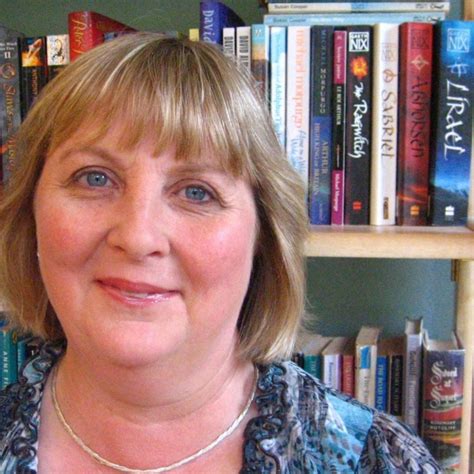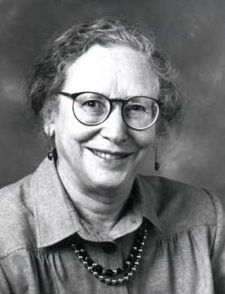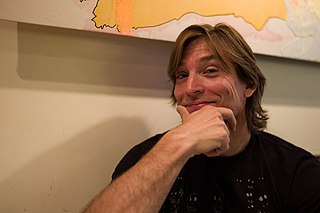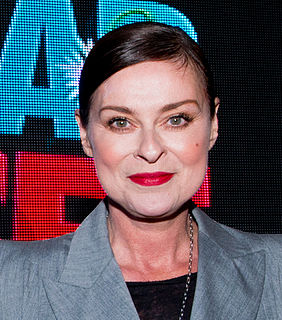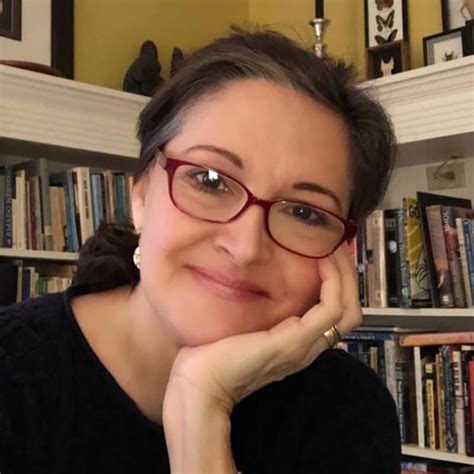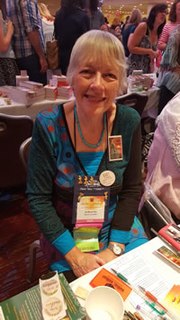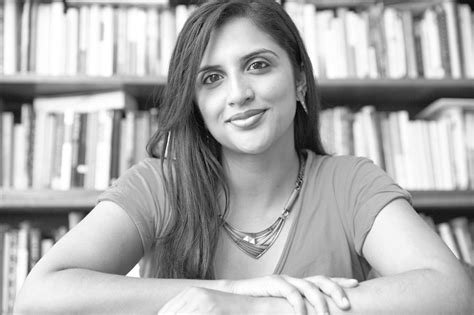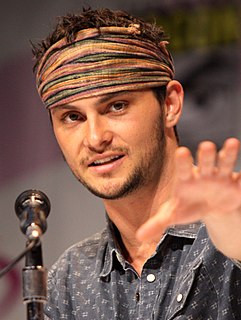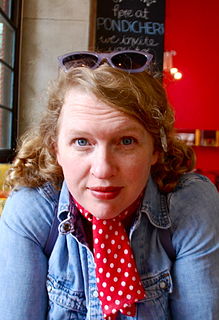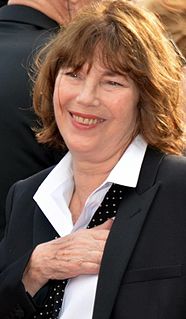Top 1200 Made Up Stories Quotes & Sayings - Page 2
Explore popular Made Up Stories quotes.
Last updated on December 2, 2024.
When I play games, I'll make up little stories for just anything. It's almost the game of making up background stories for people you see on the street. You know what I mean? I wasn't exactly the popular kid in school growing up, so I found myself really observing people, and watching how they interact, and how they react to things.
Confronted with the unhappy facts of exclusion, we sometimes reassure ourselves by telling stories: the poor boys who made it, theblacks who became a "credit to their race," the women elected to high office, the handicapped who made "useful contributions" to our society.... Just as we believe in the self-sufficient family, we also believe that any child with enough grit and ability can escape poverty and make a rewarding life. But these stories and beliefs clearly reflect the exceptions.
So I found myself telling my own stories. It was strange: as I did it I realised how much we get shaped by our stories. It's like the stories of our lives make us the people we are. If someone had no stories, they wouldn't be human, wouldn't exist. And if my stories had been different I wouldn't be the person I am.
The poet Muriel Rukeyser said the universe is composed of stories, not of atoms. The physicist Werner Heisenberg declared that the universe is made of music, not of matter. And we believe that if you habitually expose yourself to toxic stories and music, you could wind up living in the wrong universe, where it's impossible to become the gorgeous genius you were born to be. That's why we implore you to nourish yourself with delicious, nutritious tales and tunes that inspire you to exercise your willpower for your highest good.
This kingdom of God life is not a matter of waking up each morning with a list of chores or an agenda to be tended to, left on our bedside table by the Holy Spirit for us while we slept. We wake up already immersed in a large story of creation and covenant, of Israel and Jesus, the story of Jesus and the stories that Jesus told. We let ourselves be formed by these formative stories, and especially as we listen to the stories that Jesus tells, get a feel for the way he does it, the way he talks, the way he treats people, the Jesus way.
I look at some of the great novelists, and I think the reason they are great is that they're telling the truth. The fact is they're using made-up names, made-up people, made-up places, and made-up times, but they're telling the truth about the human being- what we are capable of, what makes us lose, laugh, weep, fall down, and gnash our teeth and wring our hands and kill each other and love each other.
My being Indian is possibly the biggest thing that influences my stories. Not just in terms of settings - most of the settings in my stories are Indian - but also in terms of characters and plot. I think growing up in India grew my imagination in certain ways that would not have happened in any other place. I'm also fascinated by the idea of India, and writing stories allows me to explore this. As for thematic elements, they are probably pretty obvious in my stories. I also hope that my stories bust stereotypes at least to a modest extent.
I'm one of those writers who started off writing novels and came to writing short stories later, partly because I didn't have the right ideas, partly because I think that short stories are more difficult. I think learning to write short stories also made me attracted toward a paring down of the novel form.
Kiran says (the shelf) is full of stories. If it is, then I like fairy stories. Fairy stories are fair. In them wishes are granted, words are enchanted, the honest and brave make it safely through to the last page and the baddies either have to give up their wickedness for ever and ever, no going back, or get ruthlessly written out of the story, which they hardly ever survive. Also in fairy stories there are hardly any of those half-good half-bad people that crop up so constantly in real life and are so difficult to believe in.
I am expecting that consumers are going to continue and exert power and influence. The idea of radical transparency is something that few brands are taking advantage of now, and most brands fight it. I’d say that in 10 years the best brands won’t be those with the best stories, sort of made up fictional stories, but those that will give an accurate and real time picture of what they are doing in the interest of the consumer, in any given time.
I don't believe in Gods and devils. I think it's man-made stories to try and help people understand where all this came from. They said 'Where did the world come from if there's no God', 'Where did life come from'. Just say 'I don't know'. Don't say some guy made a man and a woman. You have no business doing that, you know what I mean? And then He got mad and flooded the whole world; told Noah to build an arc. These are terrible stories.
Growing up, I didn't have television. My dad would make up stories and tell me stories, so my imagination ran wild. When I did see films, which was very few and far between, that was such an interesting medium that was so new to me. It wasn't something that was just part of my life, so it was really appealing and so different that I enjoyed that.
Writing stories, adopting other characters, making up fantastic stories and tales, this is a way of perhaps enhancing who I am. Writing stories takes a commonplace old life and makes it all somehow more interesting. And hopefully I can do that in a way that touches a lot of people in their lives, too.
Each of us is comprised of stories, stories not only about ourselves but stories about ancestors we never knew and people we've never met. We have stories we love to tell and stories we have never told anyone. The extent to which others know us is determined by the stories we choose to share. We extend a deep trust to someone when we say, "I'm going to tell you something I've never told anyone." Sharing stories creates trust because through stories we come to a recognition of how much we have in common.
We're looking for stories that speak to us. We're looking for stories that connect us with something true. But, instead, a lot of the time we get strippers. All I'm saying is, when boys are writing the stories, the percentage of strippers is bound to go up. And real stories about real women kinda don't get written at all.


